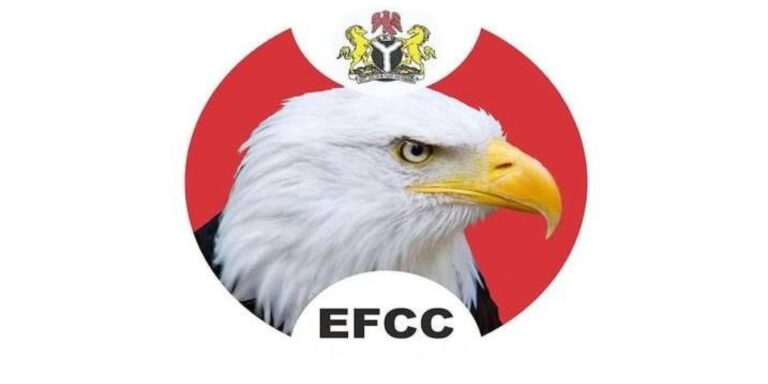ALagos court has ordered the Economic and Financial Crimes Commission (EFCC) to return a whopping $20,000 it seized from a businessman, Olalekan Abdul, who was cleared of all fraud charges after a scandalous five-year trial riddled with corruption allegations and prosecutorial misconduct.
According to the certified true copy of the ruling, the court held: “An Order granting delivery and/or restoration to the defendant of the sum of $20,000.00… be and is hereby granted.”
The court’s order followed Abdul’s full acquittal on March 5, 2025, alongside his co-accused, Azubuike Ishiekwene, Chairman of Cleanserve Integrated Energy Solutions.
The duo had been dragged through a 26-count charge, including conspiracy, forgery, and fraud, based on a petition from a so-called company director, Chris Ndulue, who had no legal standing at the Corporate Affairs Commission and couldn’t produce a single valid document to back his claim.
The EFCC had tendered the $20,000 as Exhibit B in court, but Justice Dada didn’t just stop at ordering its return.
She also ordered the immediate lifting of a lien on a N10 million surety account held in Access Bank, used to secure Abdul’s bail since 2020. The account belongs to Mrs. Jemilat Yusuf-Sada, who stood surety for Abdul when the EFCC first clamped down on him.
Court documents reveal the EFCC’s case began to fall apart after shocking revelations emerged: An EFCC operative allegedly demanded a bribe from Abdul in 2019 to “kill the matter,” acknowledging that Ndulue’s claims were baseless.
Rather than buckle, Abdul’s camp reported the bribe demand to Ola Olukoyede, then EFCC Secretary, who greenlit a sting operation.
The rogue operative was eventually nabbed by EFCC’s own internal team. However, the EFCC pushed ahead with the prosecution until the Lagos Attorney-General, Mr. Lawal Pedro (SAN), finally stepped in and took over the case following serious questions about the agency’s abuse of prosecutorial powers and questionable reliance on a fiat from the Lagos State Government.
Lead defence counsel Adeyinka Olumide-Fusika (SAN) and Muiz Banire (SAN) repeatedly slammed the EFCC’s conduct during the trial, arguing that the prosecution was nothing short of political persecution masked as anti-corruption.

